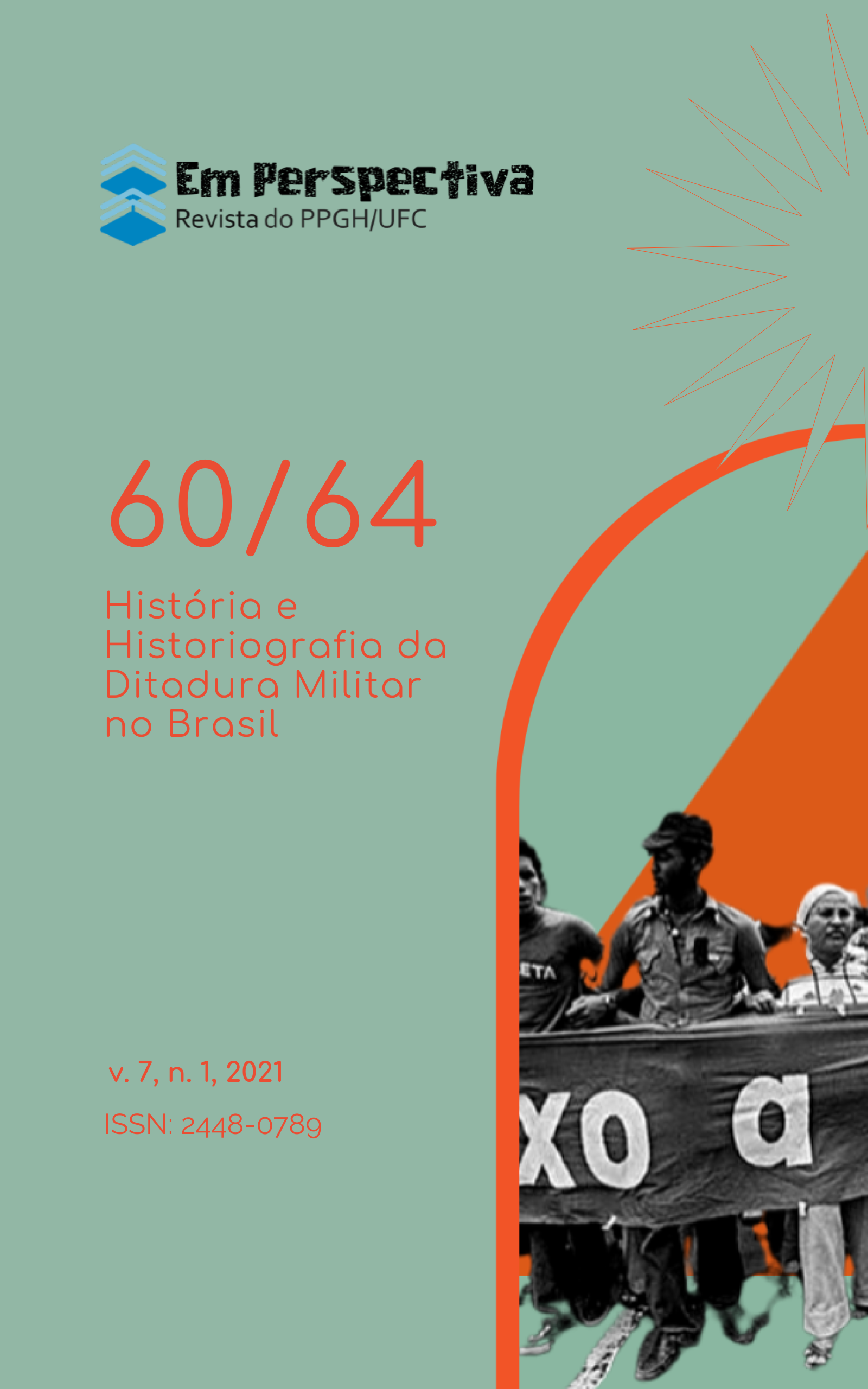Armed Struggle and Mobilization: the repertoires of contention of the Brazilian left during and after the Military Dictatorship.
os repertório de ação coletiva da esquerda brasileira durante e após a Ditadura Militar
Keywords:
Repertórios de ação coletiva; Luta Armada; Movimento EstudantilAbstract
Between the 1960s and 1970s, the countries of the Southern Cone faced dictatorial regimes marked by repression and violence, but also by resistance from leftist movements. In Brazil, the civil-military coup of 1964 led to the rise of an authoritarian regime that lasted 21 years, during which armed struggle became one of the main strategies of the left against the Military Dictatorship. However, this article argues that the subsequent overvaluation of armed struggle ended up overshadowing other forms of collective action repertoires, such as peaceful political mobilizations which, although not fully successful, contributed to the consolidation of a less restrictive democracy and the fight against Neoliberalism. The text proposes an analysis of these different forms of mobilization, without ranking them, highlighting the role of the Student Movement in the post-Military Dictatorship period, utilizing Charles Tilly's (1978) concept of repertoires of contention.
Downloads
Published
How to Cite
Issue
Section
License
Copyright (c) 2024 LEANDRO SILVA MACHADO DOS SANTOS

This work is licensed under a Creative Commons Attribution-NonCommercial-NoDerivatives 4.0 International License.


1.png)

.png)
2.png)
.png)


.png)


.png)
1.png)
2.png)
